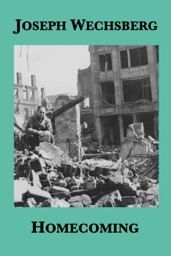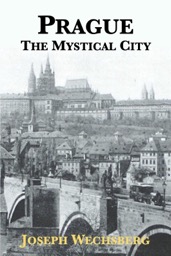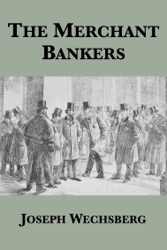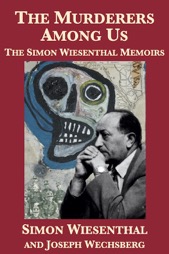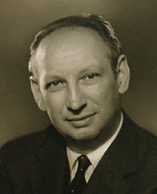
Joseph Wechsberg
Joseph Wechsberg (1907-1983) was born to Jewish parents in Ostrava, Moravia, a part of the Austro-Hungarian Empire. His grandfather had been a prosperous banker, but the family assets were lost in World War I. Wechsberg attended Prague University Law School, Vienna’s State Academy of Music, and the Sorbonne. A lawyer for a short while, he worked as a musician on ocean liners and played the violin in Paris nightclubs. In Prague, he became a reporter for the Prager Tagblatt. In 1938 he was a lieutenant in the Czechoslovak army commanding a machine gun company on the Polish frontier and was sent with his wife to the United States to discuss the Sudeten crisis. Both requested asylum after World War II broke out. In 1939, Wechsberg knew only a few hundred words in English, but decided he would someday write for The New Yorker. In 1943, he was drafted into the US Army and sent to Europe as a technical sergeant in psychological warfare. His account of getting back to Ostrava was the first of over one hundred pieces for The New Yorker over three decades — profiles of Artur Rubinstein, Isaac Stern, George Szell, of merchant bankers and of great French restaurateurs, and letters from Berlin, Karlsbad, Bonn, Vienna, Trieste, Budapest, Belgrade, Ankara, Bucharest, Warsaw, Athens, and Baghdad. He also contributed hundreds of articles to magazines such as Gourmet, Esquire, Playboy, The Atlantic and The Saturday Evening Post and wrote features on cuisine and travel throughout Europe.
Click on each cover for details about each eBook:
